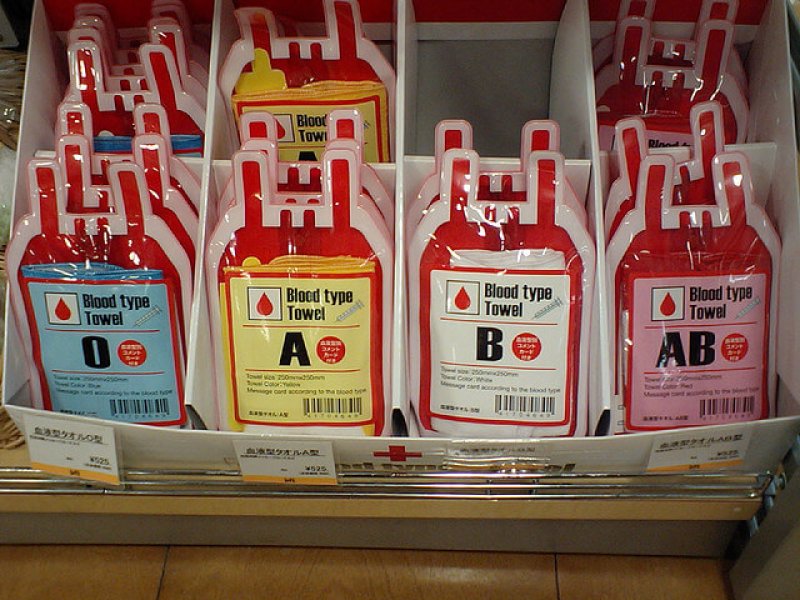Mosaic Science highlights the donor network for the extremely rare blood group, Rh-null. These people’s genetics have coded them with a blood type so rare, they can be easily tracked via a simple spreadsheet. But should any of them need surgery or become ill, a global donor network must be alerted:
Forty years ago, when ten-year-old Thomas went into the University Hospital of Geneva with a routine childhood infection, his blood test revealed something very curious: he appeared to be missing an entire blood group system.
Thomas smiled to himself. Very few people in the world knew his blood type did – could – exist. And even fewer shared it. In 50 years, researchers have turned up only 40 or so other people on the planet with the same precious, life-saving blood in their veins.
Because so few people have it, by definition, rare blood is hardly ever needed. But when it is, finding a donor and getting the blood to a patient in crisis can become a desperate race against the clock. It will almost certainly involve a convoluted international network of people working invisibly behind the bustle of ‘ordinary’ blood donation to track down a donor in one country and fly a bag of their blood to another.
Rhnull blood was first described in 1961, in an Aboriginal Australian woman. Until then, doctors had assumed that an embryo missing all Rh blood cell antigens would not survive, let alone grow into a normal, thriving adult. By 2010, nearly five decades later, some 43 people with Rhnull blood had been reported worldwide.
Read the full, original story: The man with the golden blood
Additional Resources:
- Human blood types remain a mystery despite a hundred years of study, Mosaic Science
- Lab grown blood fit for human transfusion, a regenerative medicine first, Genetic Literacy Project
- Synthetic blood may introduce a host of complications, WIRED































